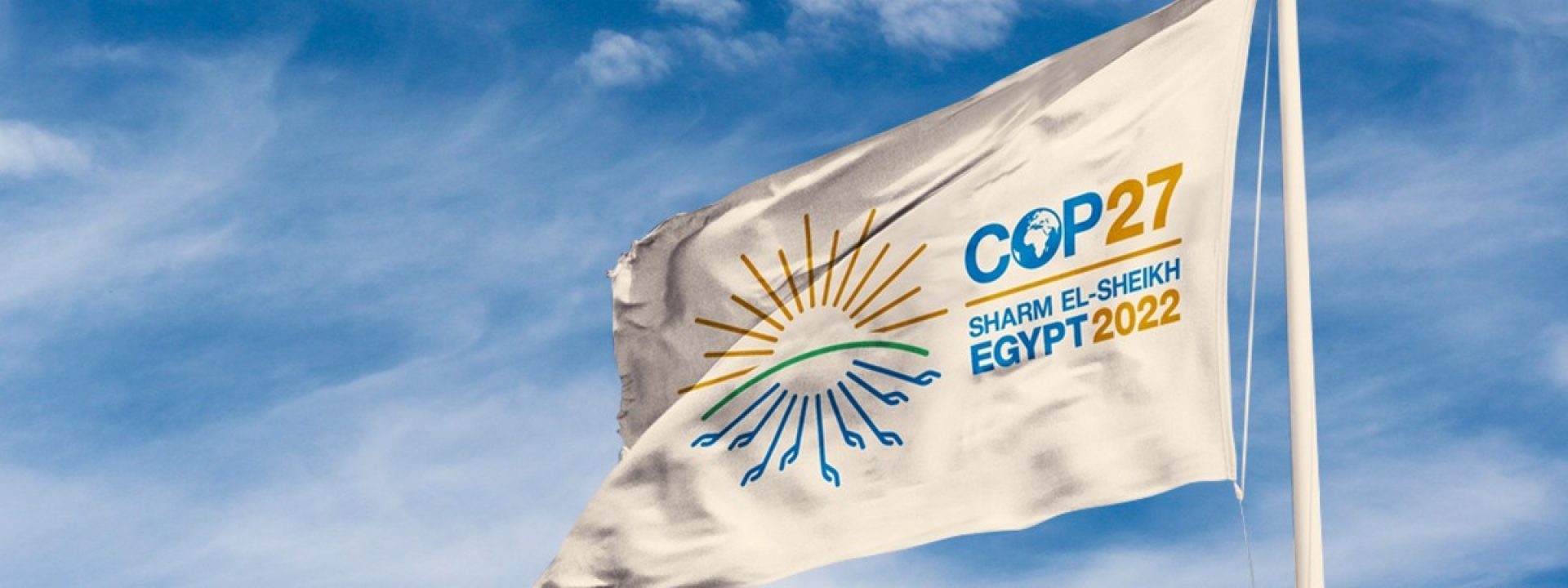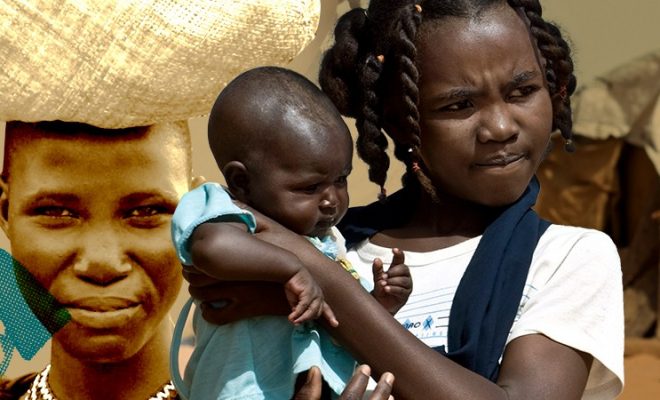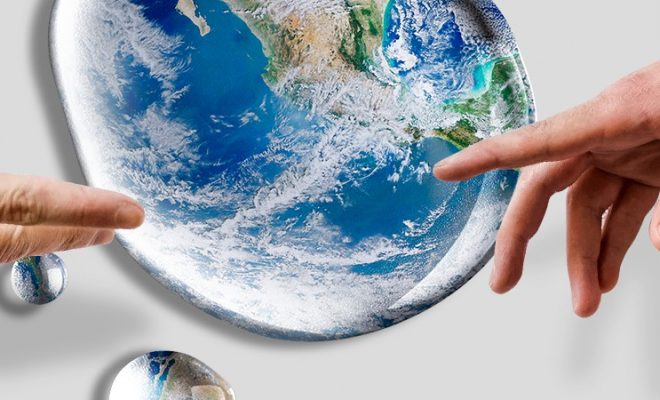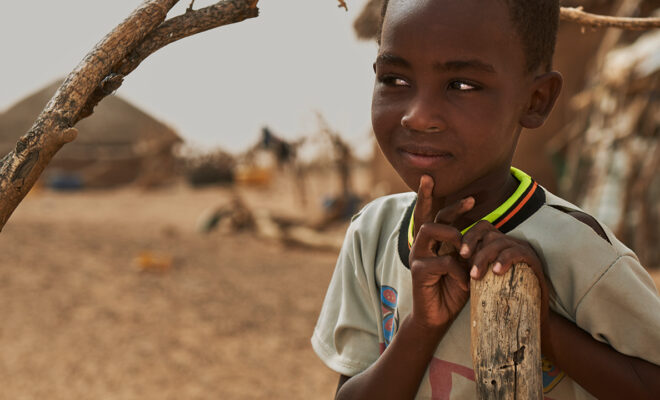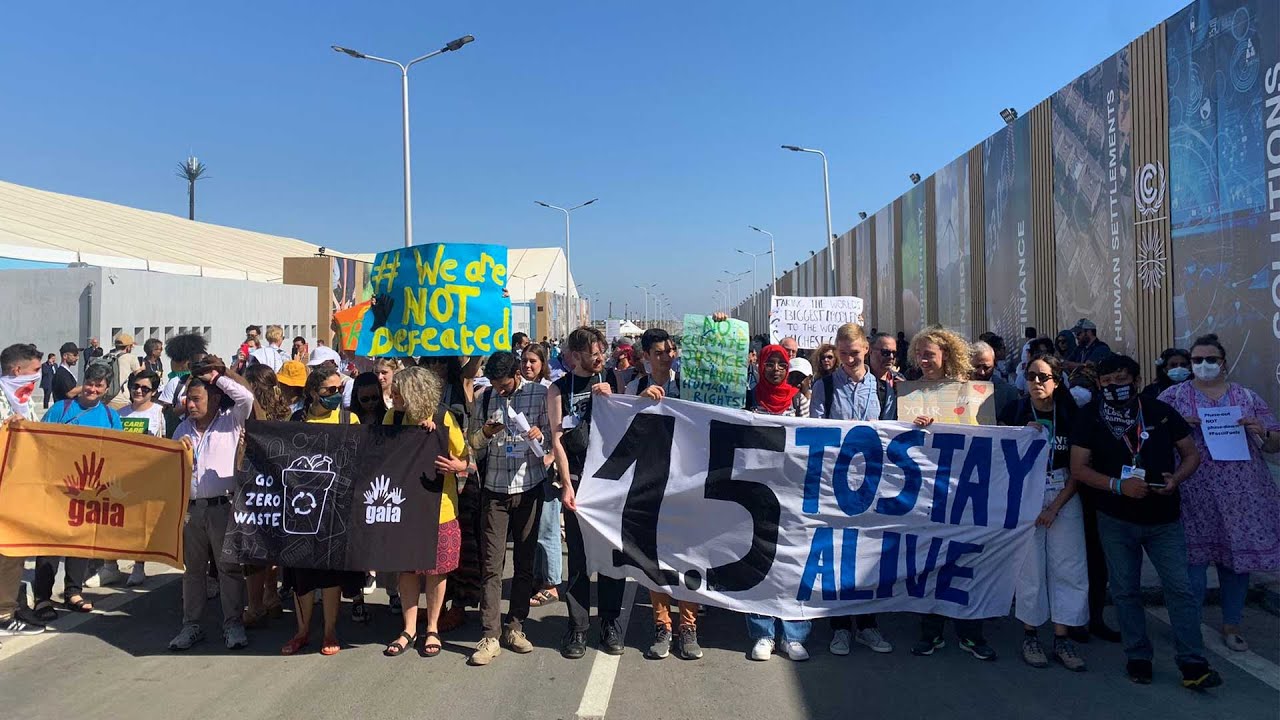
COP27 is surpassing all media expectations. Never before has a conference of the parties transcended public opinion and become a topic of informal conversation among citizens. UN Secretary-General António Guterres‘ powerful opening speech contributed to this: “The clock is ticking, we are fighting for our lives, and we are losing. We are fast approaching tipping points that will make climate chaos irreversible. We are on a highway to climate hell and have our foot on the accelerator. Humanity has a choice: cooperate or perish. It is a pact of climate solidarity or collective suicide.“
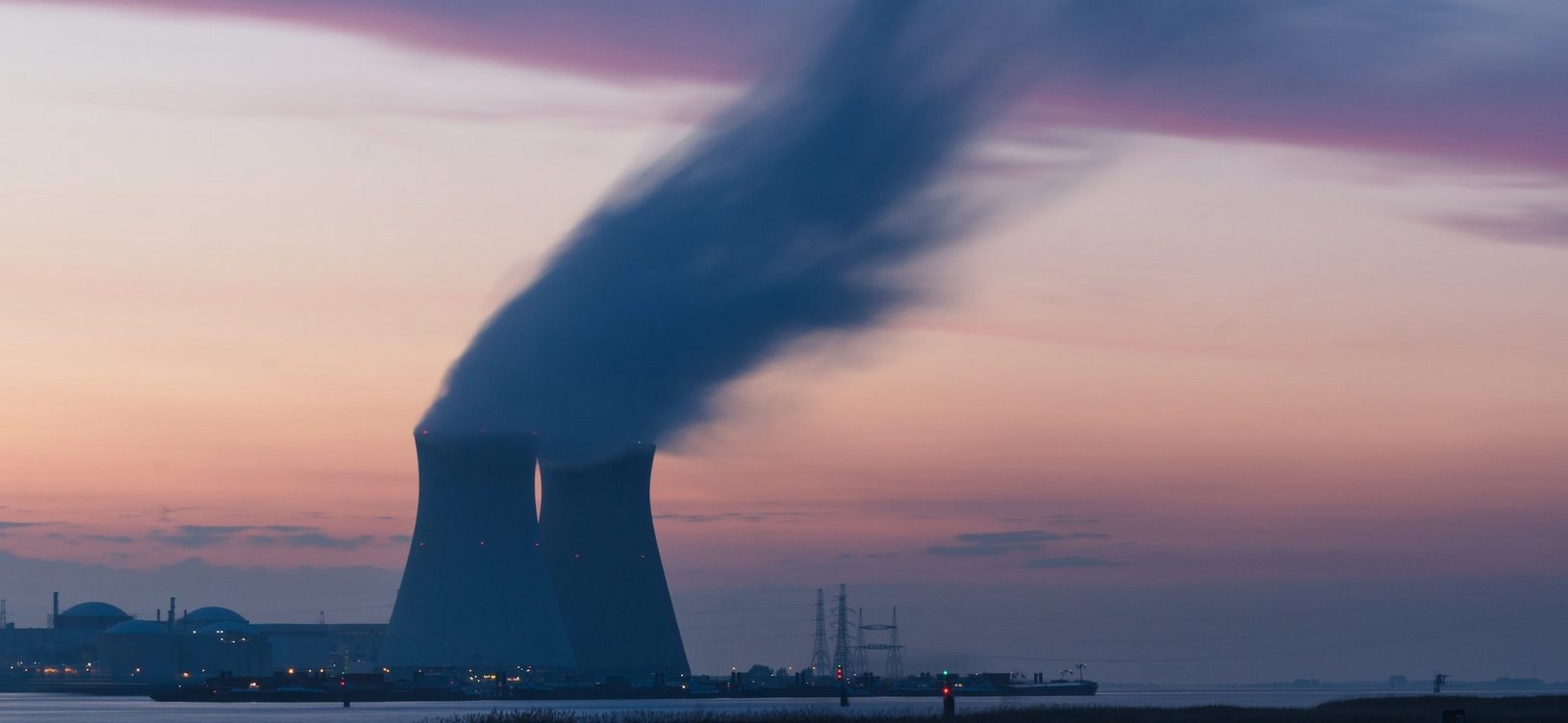
Financial investment has so far focused on reducing greenhouse gases to curb global warming. © Frederic Paulussen – unsplash
Guterres singled out the US and China as the main parties responsible for joining forces and reaching effective agreements. And this is where the key issue to be clarified at this conference arises. Developing countries demand a special “loss and damage” fund. This issue has been unresolved for years due to rich countries’ reluctance to take on most of its financing.
Climate solidarity, the essence of the matter
“Loss and damage” is a concept that is still unclear to the parties of successive conferences in recent years, especially since the issue was definitively put on the table at COP21 in Paris in 2014. It generally refers to costs that have already been incurred due to the impacts of extreme weather events and slow-onset ones, such as sea level rise, rising temperatures, ocean acidification, receding glaciers, salinization of aquifers, land and forest degradation, biodiversity loss and desertification.
Financial investment has so far focused on reducing greenhouse gases to curb global warming, but very little has gone into generating support for communities to adapt. The idea of loss and damage financing would be different, as it would aim to compensate for costs that countries cannot avoid. In other words, the idea is to protect the most vulnerable from the damage caused by climate change.
The main obstacle is how to assess loss and damage. Internationally, it is possible to calculate lost infrastructure, crops, and property; but it is more difficult to agree on concepts such as the natural capital of ecosystems or cultural assets. Various reports estimate figures over USD 525 billion per year, which could reach USD 580 million by 2030.
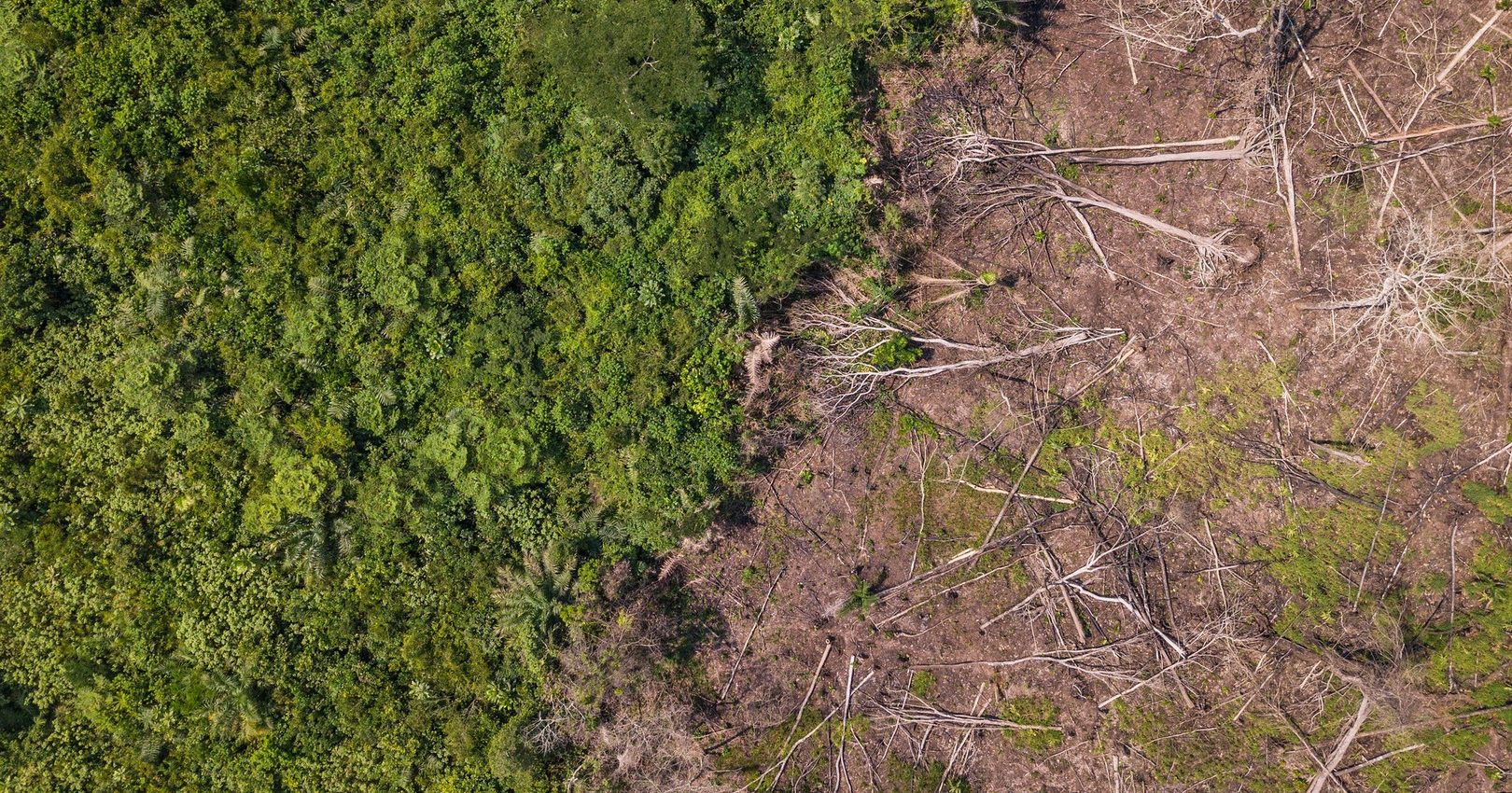
“Loss and damage” is a concept that it refers to costs that have already been incurred due to the impacts of slow-onset events, such as land and forest degradation. © Axel Fassio/CIFOR
Controversy arises over who pays and who gets paid. The most vulnerable countries and almost all humanitarian organizations argue that, ethically, it should be the rich countries, the main drivers of the climate crisis, who should pay, since the most vulnerable, the Global South, and those who suffer the most damage are the ones who have contributed the least to the crisis. According to the World Bank, the poorest emit, on average, 44 times fewer greenhouse gases than the industrialized countries, which should be reason enough.
The US and the EU have been resisting the creation of an aid fund, arguing that it would be difficult to control the inflows and outflows of money, how much should come from rich countries, and which countries or what damage would be eligible to receive it; and that countries such as China and India, major emitters of gases, are among those affected by climate change, which they do not consider admissible.
In Sharm el Sheikh, the urgency of reaching an agreement is clear. Further delays would be unacceptable and a torpedo in the waterline of the 2030 Agenda. Developing countries have formed a common front to demand the immediate creation of the fund, and there are multiple ideas on the negotiating table. One of the most widely supported is Antonio Guterres’ proposal for a windfall profits tax on fossil fuel companies.
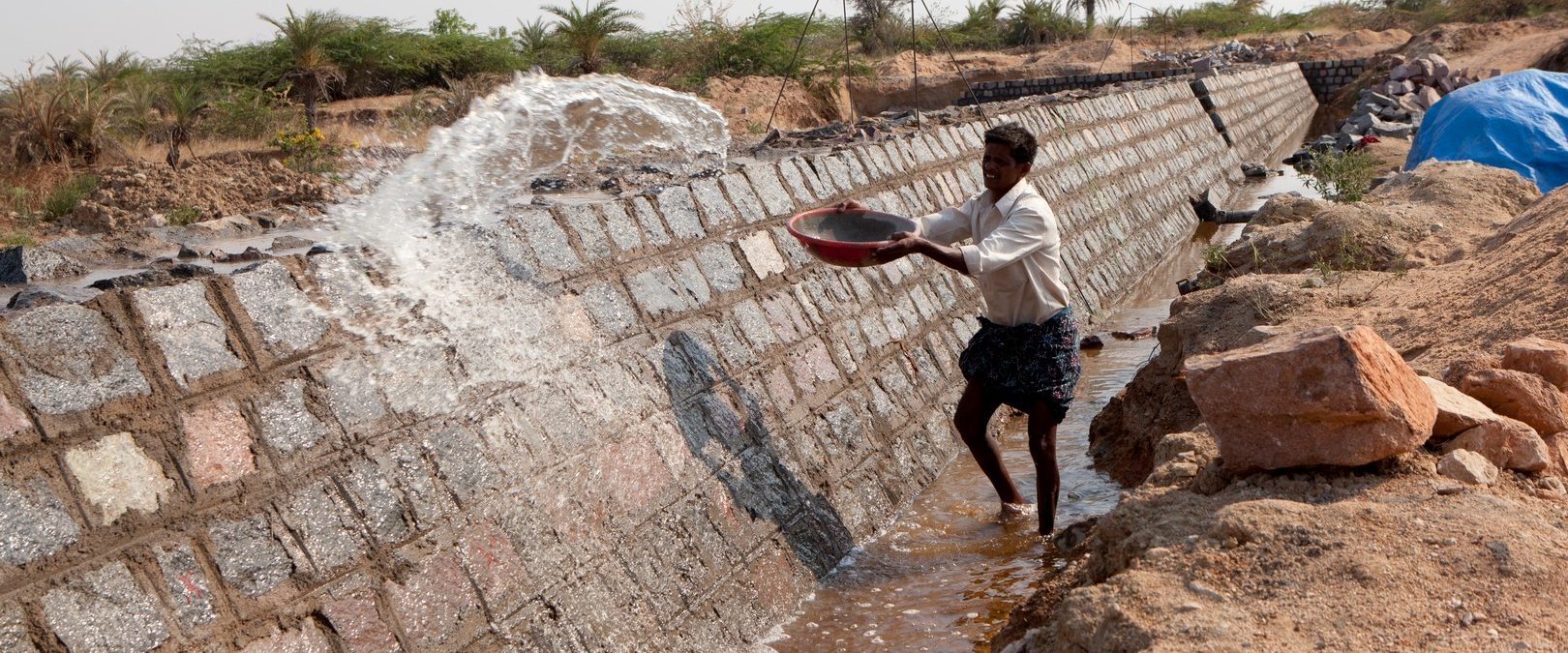
An example of adaptation is the construction of small and medium-sized reservoirs, which allow farmers in India not to depend on the unpredictability of monsoons, improve their autonomy and curb desertification. WAWF/FVF © Juan Alonso
Mitigation, adaptation, financing, and cooperation: our model
Another of the most urgent issues at the conference is the development of strategies for decarbonizing economic activity. Carlos Garriga, director of the We Are Water Foundation, participated, among nine other panelists, in the round table on this topic organized by the Fundación Empresa Privada in the Spanish pavilion at COP27. The discussion focused on the transformation process towards reducing the carbon footprint and how this depends on developing innovative solutions and improved infrastructure for effective mitigation, adaptation, and financing of the climate crisis.
Garriga pointed to the Foundation’s projects that, by improving access to water and sanitation, manage to curb migration from rural areas to large cities. These consume 78% of the world’s energy and produce more than 60% of greenhouse gas emissions. He gave as an example of adaptation the construction of small and medium-sized reservoirs, which allow farmers in India not to depend on the unpredictability of monsoons, improve their autonomy and curb desertification. The director of the Foundation explained the model of co-financing the projects: “We co-finance all our projects, together with other collaborators, because the effort of just one, however big or small, leads directly to failure.” He also emphasized the importance of cooperation, training, and commitment by all the entities involved in any project to achieve success.
Carlos Garriga was also present at the Innovative Ways of Cooperation debate, organized by UNESCO and UNITAR, the government of Costa Rica, the intergovernmental organization UPACE and the UNESCO Chair on Peace of the Abat Oliba CEU University, which was represented by Carmen Parra, holder of the UNESCO Chair on Peace, Solidarity and Intercultural Dialogue. Participating in the debate were Professor Francisco Rojas, Dean of the University for Peace; Alex Mejía, Director of the Division for People and Social Inclusion of UNITAR; David Fernández Puyana, Ambassador and Permanent Observer of the University for Peace at the United Nations Office in Geneva; and Gustavo Campos Fallas, Costa Rican Ambassador to Turkey. The debate was moderated by Bisher Iman, Programme Specialist – Hydrology, UNESCO Regional Bureau for Science in the Arab States.

One of the values that shaped the creation of the We Are Water Foundation was cooperation as a critical factor in achieving any solidarity objective. “The cooperation we are looking for allows us to work with different international organizations instead of just one,” declared Garriga, “because in this way, we can all learn and share different ways of working, learn about good and bad practices and create synergies to be able to reach any place in the world to develop any project.”
Cooperation involves all entities, from national to local governments. “We have to do it with a clear strategy, with broad and general synergies, with funds,” said Garriga, who gave as an example our experience in Burkina Faso: “The national government firmly wanted to declare the central province of Sissili free of open defecation in five years, and they did it. And how did they do that? With cooperation, putting the Ministry of Water and Sanitation, the local government, some local entities, an international organization such as Unicef, and a private entity, the We Are Water Foundation, at the same table. Our role there was to provide very specific experience in this field after having developed and visited dozens of sanitation projects all over the world.”
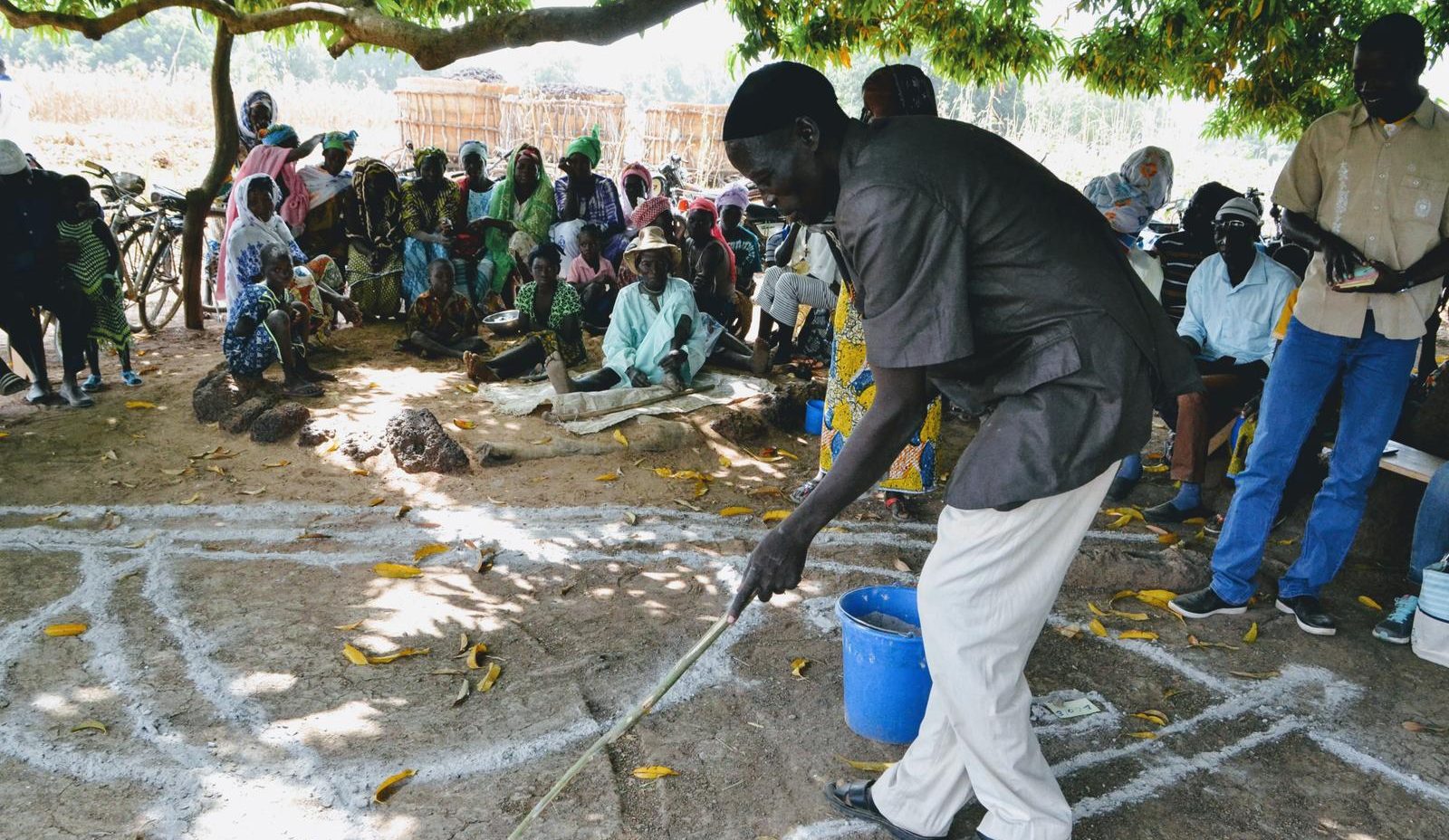
Cooperation involves all entities, from national to local governments © Burkina Faso WAWF/UNICEF
Cooperation also involves all sectors of economic activity to achieve tangible and practical solutions to the problems of water and sanitation; above all, it needs women, who are the ones who suffer most from this cause, and schools, which are the basis for the transmission of knowledge to society.
Among all the objectives of COP27, it is essential that a new spirit of cooperation is born in the world. We must reach agreements and we must honor them. A new way of tackling problems based on the knowledge that we all share the same environment, based on the conviction that if one loses, we all lose.


